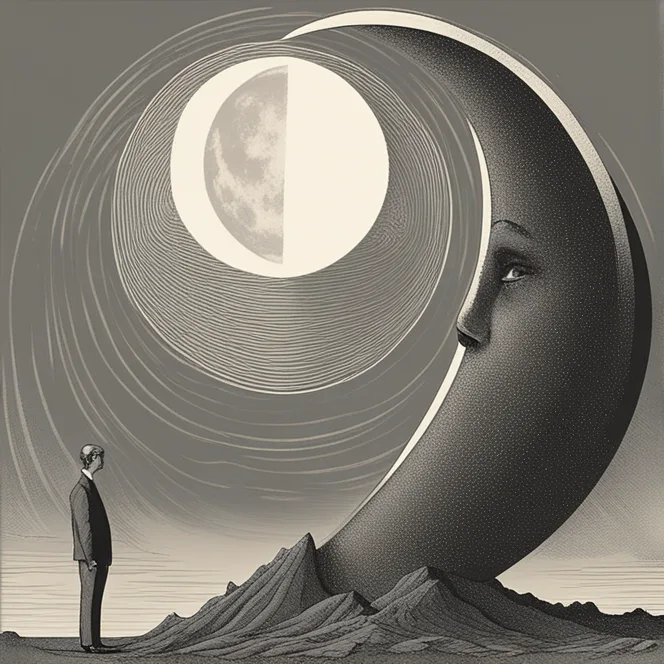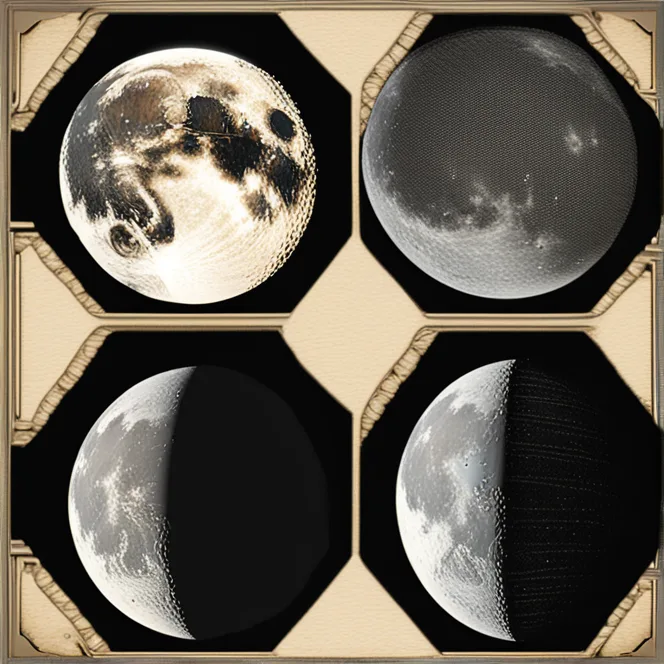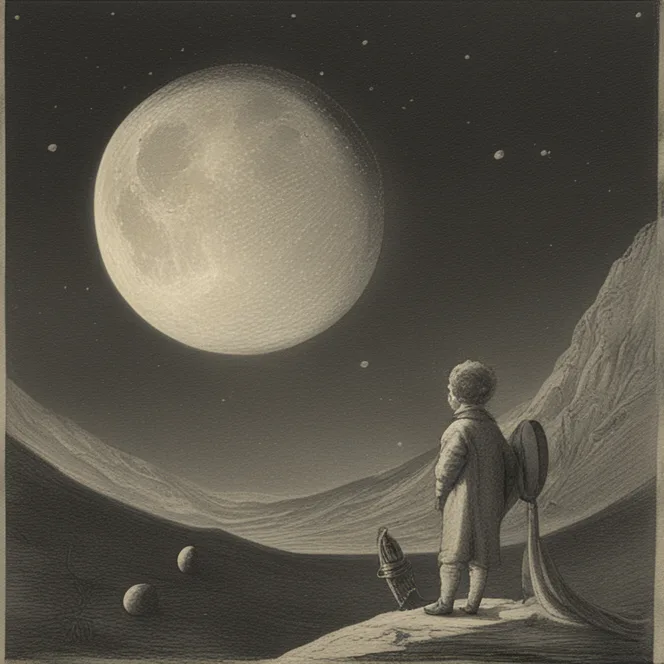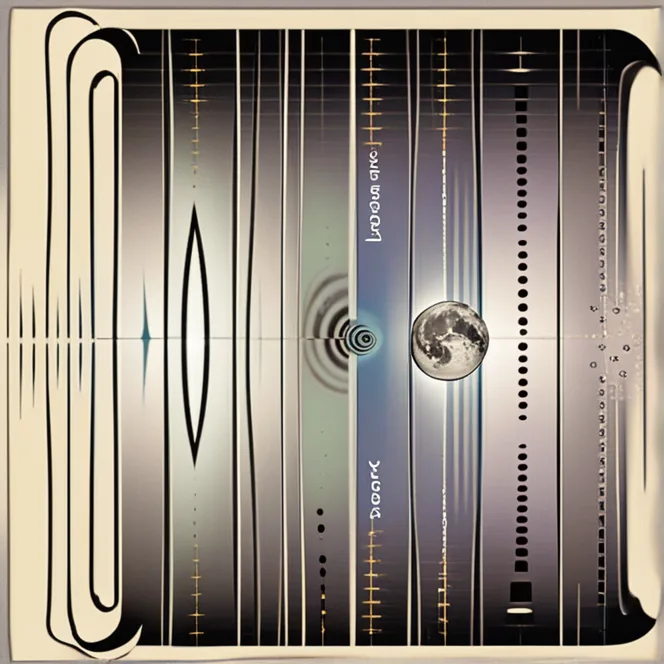
The Retrograde Illusion: Unraveling The Moon’s Influence
Explore the celestial phenomenon as we demystify what occurs when the Moon appears to be in retrograde and how it impacts our lives.
article by Priya Deshmukh
Moon’s Retrograde: A Celestial Misconception
While the term 'retrograde' is commonly associated with the apparent backward motion of a planet, it's essential to clarify that, unlike Mercury or Venus, the Moon never actually enters retrograde. This notion might be rooted in astrological misunderstandings or confusion with the Moon's phases or eclipses, which do influence energies. The retrograde motion is purely an optical illusion when observed from our vantage point on Earth, most notably seen in the planets that journey further from the Sun than us.

Planetary Retrograde vs. Lunar Phases
Planetary retrogrades, most famously Mercury's, occur because of the varying speeds at which planets orbit the Sun. This is not the case with the Moon. The lunar cycles, including new moons, full moons, and the quarter phases, are often mistaken for retrogrades due to their strong astrological significance. These phases each carry unique symbolic meanings and influences, affecting emotions, behaviors, and life patterns, which can be mistaken for retrograde effects.

Astrological Implications of Lunar Activities
In astrology, the Moon governs our emotions, subconscious, and personal needs. While it doesn't retrograde, its phases significantly impact astrological interpretations. A new moon, for example, is seen as a time for new beginnings and intentions, while a full moon is often a period for realization and culmination. Understanding these lunar rhythms allows individuals to harness their energies for personal growth and reflection.

Biorhythms and the Moon's Influence
The concept of biorhythms suggests that our lives are influenced by natural physiological cycles. The Moon, with its gravitational pull affecting the Earth's tides, is also believed to impact our emotional ebb and flow. Aligning activities with the lunar cycle can, according to some beliefs, enhance emotional well-being and decision-making processes, much like following the guidance offered during planetary retrogrades.

Compatibility and the Lunar Cycle
In matters of compatibility, the position of the Moon in your natal chart plays a crucial role. Relationships may appear to be tested during certain lunar phases, echoing the sensation people often ascribe to planetary retrogrades. Paying attention to how the Moon interacts with personal and partner's astrological charts can provide insights into the dynamics of your interactions and the emotional undercurrents at play.
No Retrograde, But Still Influential
To summarize, while there's no such event as the Moon in retrograde, the lunar influence is pervasive. The cyclical nature of lunar phases presents opportunities for reflection and action, comparable to periods of retrograde in astrology. Understanding these cycles enhances self-awareness and can guide us through life's natural rhythms.
Published: 12/4/2023
Modified: 12/4/2023
More predictions
Come back here soon to learn more about yourself and your future


Neptune’s Veil: Deciphering Illusions In Love
In the realm of astrological influences, Neptune, the planet of dreams and illusions, plays a pivotal role in shaping our perceptions, especially in romantic relationships. Known for blurring the lines between reality and fantasy, Neptune's influence can either create a magical bond or lead to misunderstandings and unrealistic expectations in love.


Mercury Retrograde: Dec 13, 2023 - Jan 1, 2024
Mercury Retrograde, a term often met with mixed reactions in the world of astrology, is set to mark its presence from December 13, 2023, to January 1, 2024. This astrological phenomenon occurs when Mercury appears to reverse its orbit, an illusion from our perspective on Earth.